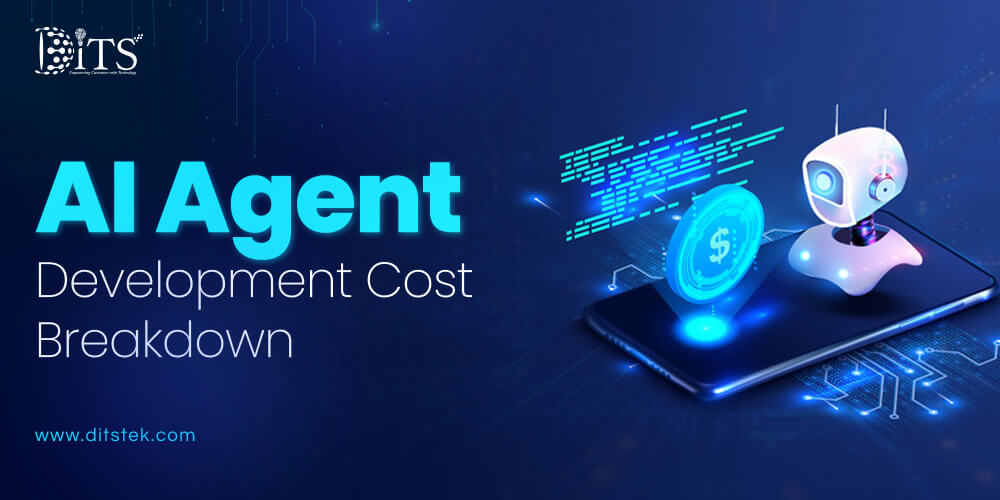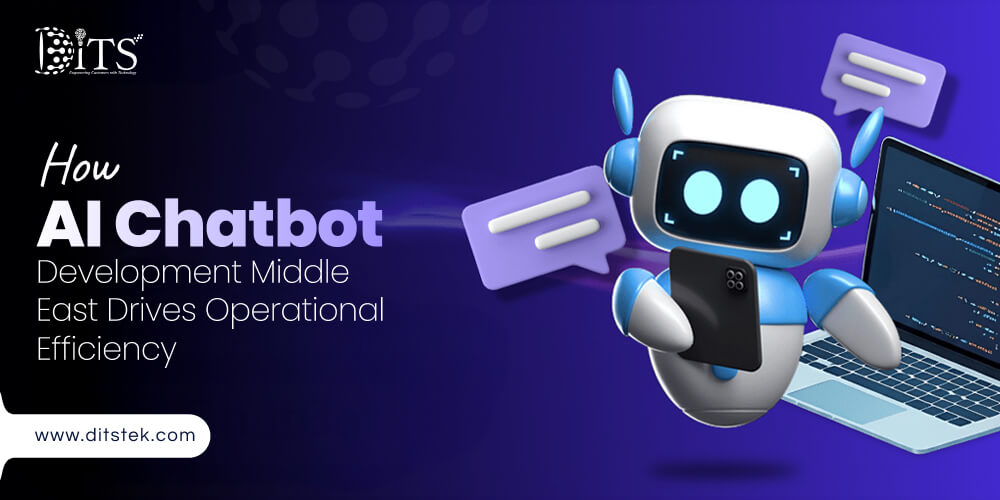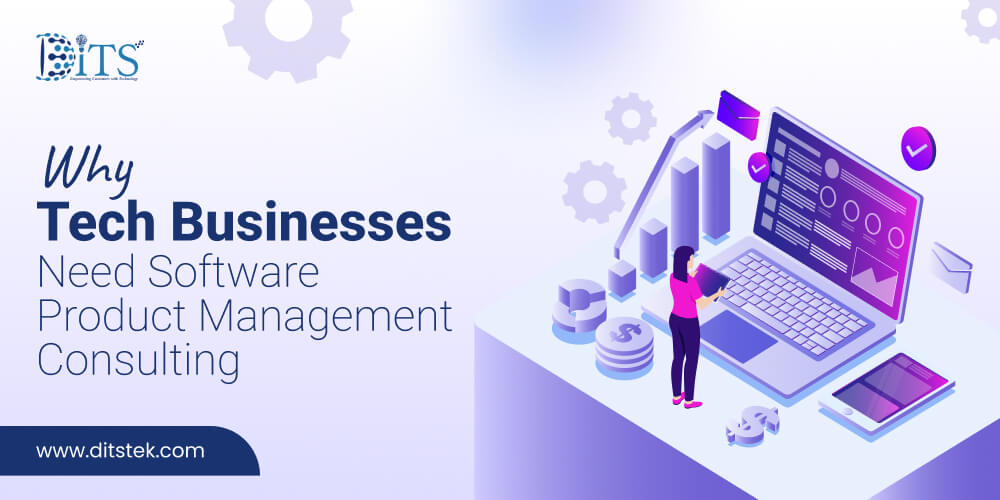Understanding the Key Medical Billing Software Requirements
Table Of Content
Published Date :
19 Mar 2025
Medical billing software is a solution made to automate medical billing and optimize healthcare management. Such solutions are quickly replacing conventional billing and management practices. From small clinics to pharmacists to hospital chains, they rely on software to simplify billing, accounting and inventory management to improve operational efficiency and offer better patient care. Healthcare service providers can also track payments and manage billing operations conveniently.
What is Medical Billing Software?
Medical billing software enables healthcare providers to automate the invoicing process and streamline revenue cycle management. These solutions can integrate with EHR systems to capture the invoicing for all billable services for a patient. This eliminates the risk of human errors and improves efficiency in billing and other processes. In addition to clinics and hospitals, medical billing software are also used by insurance companies and other healthcare providers like pharmacies, and diagnostic centers for invoicing.
Faster Claims, Fatter Revenues—Sounds Good, Right?
Our smart billing software streamlines claims processing, reduces denials, and speeds up reimbursements—so your cash flow stays healthy.
Need for Healthcare Billing Software
Medical billing software is crucial for efficient billing processes in healthcare and related industries. By implementing a healthcare billing software in your organization, you can minimize billing errors that can lead to dissatisfied patients and reduced operational efficiency. According to a study, about eighty percent of medical bills in the US have one or more errors, which leads to financial disparities.
Key Medical Billing Software Requirements to Consider

Medical billing software requires functionalities for patient management, insurance verification, claim submission, payment processing, and compliance with HIPAA and other regulations. Here's a breakdown of key requirements:
1. Claim Processing and Management
A good claims processing system is key to getting claims paid quickly and avoiding denials. The software should be capable of helping you send claims, check them, track them, and fix any issues. Many software offer billing but not claim processing, that might not be much useful. If you check insurance info before sending a claim, you can avoid getting rejected because of wrong info. Software that comes with a claim management feature, enables you to verify claims and pay your patients quickly, leading to low denial rates and improved customer satisfaction. So, the next time you look for a billing software, make sure it comes with claim management features.
2. HIPAA and Data Security
Security is super important for medical billing software. Whether it's billing or any other healthcare software development, it has to follow HIPAA rules to keep patient info safe and secure. This means using encryption, controlling who can see what, using multifactor authentication, and doing regular security checks should be there in the billing software. If you don't follow the rules, you could get big fines and get into legal trouble.
3. Electronic Health Records (EHR)
Medical practitioners only treat patients, while other people in healthcare industry need to work on patient data management and records. A patient's data travels through various departments like diagnosis labs, pharmacies, insurance companies where it is processed and updated several times. When your billing software works well with your EHR, patient records, treatments, and billing info stay in sync with all those departments through which patient data travels. This cuts down on mistakes when entering info, makes things run smoother, and keeps medical coding and invoices accurate.
4. Medical Coding Updates
The software should work with ICD-10, CPT, and HCPCS codes to make sure claims are correct. Automatic updates to coding help healthcare staff and departments stay out of trouble with changing rules and prevent claims from being rejected because of old codes. So, make sure the software you are planning to use supports these medical codes and have the features for updating them, to avoid any future issues.
5. Works with Many Insurances
Medical offices usually deal with all types of insurance companies, especially the ones dealing in healthcare claims. The billing software should support claim processing for both government and private insurers. If you can set up specific rules for each payer, check eligibility automatically, and get updates on their policies, billing gets easier. So, your healthcare billing software should come with all the features that are required for processing of medical claims like eligibility checks, patient verification, precise claim calculations, to make the final billing convenient for service providers.
6. Billing and Payments
The software needs to handle sending invoices to patients, tracking co-pays, and offering different payment options (credit/debit cards, online payments, payment plans). A patient portal where they can see statements, get payment reminders, and set up automatic payments makes paying easier.
Standard billing solutions lack these features, but if you are looking for a healthcare billing software, make sure it can handle payment tracking and offer a variety of payment methods to help patients pay their bills online with convenience.
7. Reminders and Scheduling
Automatic appointment reminders help reduce no-shows, and it automatically updates the schedules for other patients in the pipeline. When the billing software works with scheduling systems, it makes sure billable services are recorded precisely and linked to the correct patient. Having the scheduling and reminder feature in the application allows healthcare providers to schedule and reschedule appointments automatically and notify the patients about them.
Your Industry Demands Precision—Your Billing Should Too!
We tailor billing software for providers, insurers, and pharma companies to simplify payments, claims, and compliance. No more chaos, just clarity.
8. Reports
Good reporting tools show you an updated financial report of your department or organization, how often claims are successful, revenue trends, and unpaid bills. Dashboards help administrators make smart choices. Having reporting features in your application helps administrators to analyze their financial reports and make informed decisions based on that information.
9. Scalability
The number of patients and claims change with time. As your customer base grows, you need a scalable software to store and process more patient data. The software should be able to handle more patients, their information, medical reports and changing needs of the healthcare service providers. When you can change features, workflows, and report templates, your software should be able to handle those change and update itself to support growing number of patient data.
10. Easy to Use
The billing software is meant to make the tasks easier for medical staff and healthcare providers. Medical staff needs to learn the application to become familiar with its functions. Easy navigation, dashboards that show you what you need, and less manual data entry make billing easier and reduce training time for staff.
So, the software should be easy to learn and use, which enables your staff to learn and start using it quickly. In addition, the billing software should be able to answer common queries asked by medical staff and patients.
11. Revenue Management Features
Good revenue cycle management (RCM) features help healthcare providers track money from when a patient registers until the final payment. Revenue cycle management needs to track every payment from the moment a patient visits a healthcare organization for the first time to the time they make a final bill. Things like automatic charge capture, healthcare claim management, and financial reports make everything more profitable, and your software should come with these features to facilitate revenue cycle management.
12. Telehealth Support
Telehealth is gaining popularity and many healthcare providers are offering telehealth services. Because telehealth is getting more popular, billing software should handle virtual appointments. A software featured with remote appointment makes sure you get paid in time with accuracy for telehealth services.
13. Tracks Changes
Audit logs track all billing stuff, which makes it easier to see what's going on and adhere to regulatory standards. This helps healthcare providers watch for changes, prevent fraud, and keep a good record of all the billing transactions. This makes it easier for audit teams to track everything and make informed financial decisions.
14. Multi Location support
If you have offices in different places, the software should handle centralized billing from one place and create reports specific to each location. This keeps things consistent across multiple healthcare departments in different locations.
15. User Support
Good user support and training are key to learning new software. Help to get started, user manuals, webinars, and tech support helps with a smooth implementation of billing software. Also, this support helps fix any issues quickly that healthcare staff faces while using the solution.
In short, picking the right medical billing software means looking at all these things. The best software makes billing easier, follows the rules, boosts revenue, and makes things more efficient for healthcare providers. Security, automation, and smooth integrations are super important.
Revolutionize Revenue Cycles with Smart Billing Tech!
Why settle for outdated billing systems? Our next-gen solutions optimize claims, reduce denials, and keep revenue flowing effortlessly.
How can DITS Help?

Healthcare automation is evolving and billing is a part of this innovation. However, innovation is not enough alone, it has to be reliable, scalable and integrable. This is possible by getting the application developed by a custom software development company CA. This is where Ditstek Innovations (DITS) steps in. DITS is a leading custom software development partner who doesn't just build software but works to improve operational efficiency, enhance patient care and future-proof healthcare businesses.
When it comes to healthcare billing, DITS can build mobile applications Dubai customized to cater specific billing and other healthcare needs of your business. Whether you own a clinic, hospital, pharmacy or provide healthcare insurance, we have got you covered as our professional team can build software specifically catered to your billing and operational requirements.
Moreover, we can help you integrate the billing application with your existing systems and other software to facilitate data sharing and update everything in the application. It means you can see patient data and information updates within the application, no matter your patients get diagnosed in a department, or a doctor prescribes them some medications, or an insurance company processes their health claim. Everything gets updated in the software when it is integrated with your systems and other applications in different departments.
So, you can rely on DITS to get those unique features in your billing software. Contact us today for more detailed information on healthcare billing software solutions.
Conclusion
Choosing the right medical billing software isn’t just about automation—it’s about accuracy, regulation, and effectiveness. From uninterrupted claim processing to safe handling of information, the right software guarantees smooth financial operations while improving patient care. Integration of Electronic Health Records (EHR), real-time verification of telecom service providers, and revenue cycle tracking can decrease errors as well as enhance cash flow.
In the changing face of medicine, it is essential to have a billing system that is both scalable and flexible. Whether you are a small clinic or a larger healthcare provider, having appropriate software will streamline operations and greatly improve your financial standing.
FAQ’s
1. Why is Medical Billing Software Important?
Medical billing software is super important for doctors. It makes billing easier by doing it automatically. This cuts down on mistakes and keeps things legal with rules like HIPAA. It basically makes managing money smoother by working with Electronic Health Records (EHR), handling claims well, and helping money come in faster.
2. What Should You Look for in Medical Billing Software?
When picking medical billing software, make sure it can handle claims, follows HIPAA rules, works with EHR, stays up-to-date with medical codes (like ICD-10), supports different insurances, automates billing and payments, and helps manage your income.
3. Is Medical Billing Software Safe? How Does It Protect Patient Info?
Yes, this software is made to be safe, mostly by following HIPAA and other rules that protect data. It keeps patient info safe using encryption, access control, strong logins, and regular security checks.
4. Can Medical Billing Software Work With Systems I Already Have?
Yep! Most new medical billing software is made to easily connect with Electronic Health Records (EHR), insurance info, and other systems you use. This way, patient info, records, and billing details update automatically everywhere, so you don't have to enter stuff by hand, which cuts down on mistakes.
5. Is Medical Billing Software Good for Small Doctor's Offices?
Definitely! Small clinics can get a lot out of this software because it makes billing simple, lightens the load of office work, and makes sure you get paid quicker. A lot of software lets you pick only the features you need, which is great for smaller places.

Nidhi Thakur
With more than 19 years of experience - I represent a team of professionals that specializes in the healthcare and business and workflow automation domains. The team consists of experienced full-stack developers supported by senior system analysts who have developed multiple bespoke applications for Healthcare, Business Automation, Retail, IOT, Ed-tech domains for startups and Enterprise Level clients.
Recent Posts

A practical breakdown of AI Agent Development Cost, covering scope, data, integration, infrastructure, and ongoing expenses to support informed enterprise investment decisions.

AI chatbots help Middle East enterprises automate workflows, connect legacy systems, improve compliance, and boost operational efficiency without disruptive infrastructure overhauls across growing regional markets.

Software product management consulting helps tech companies align vision, validate markets, prioritize features, and deliver scalable products that drive sustainable growth and operational efficiency profitably.